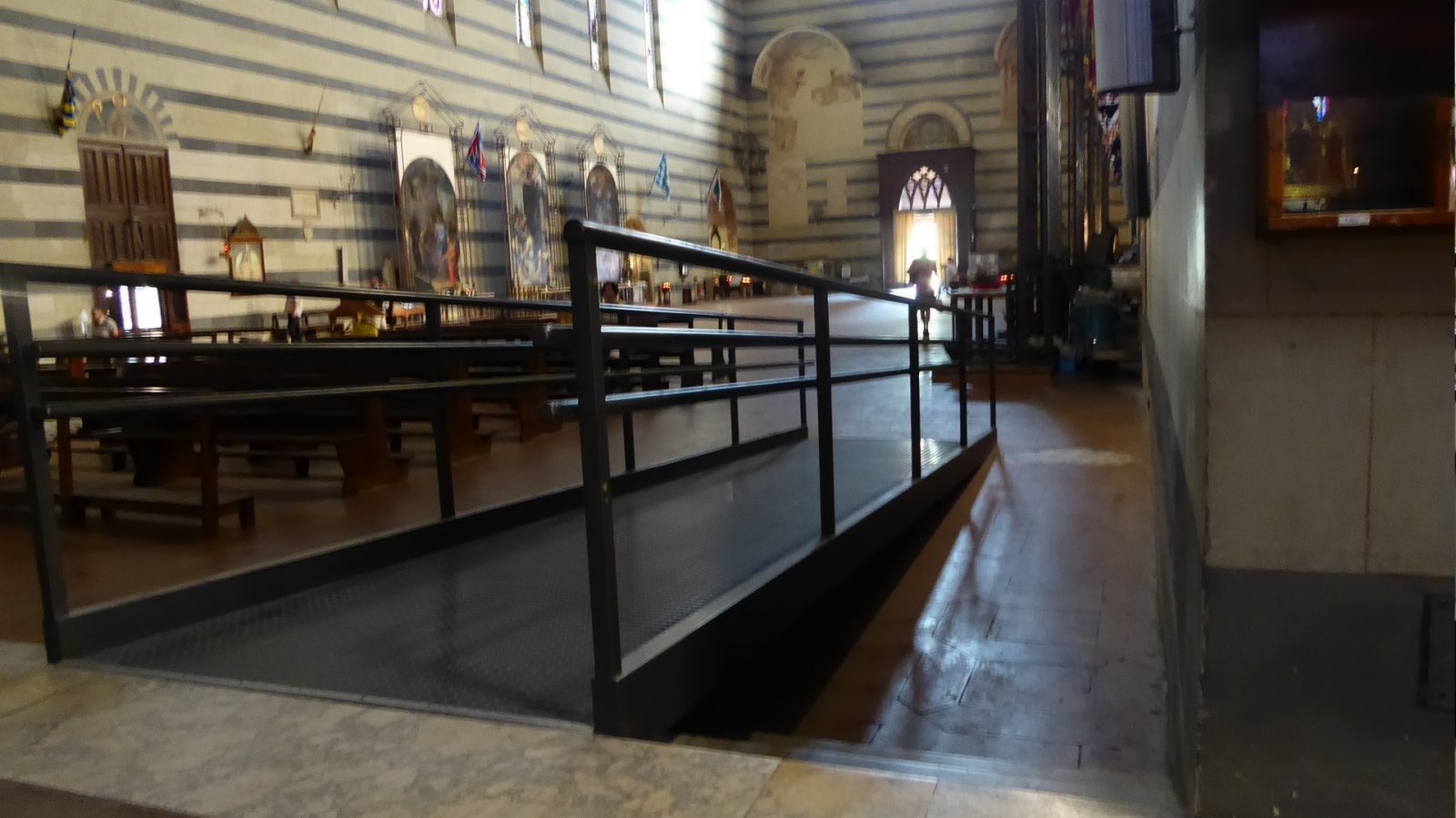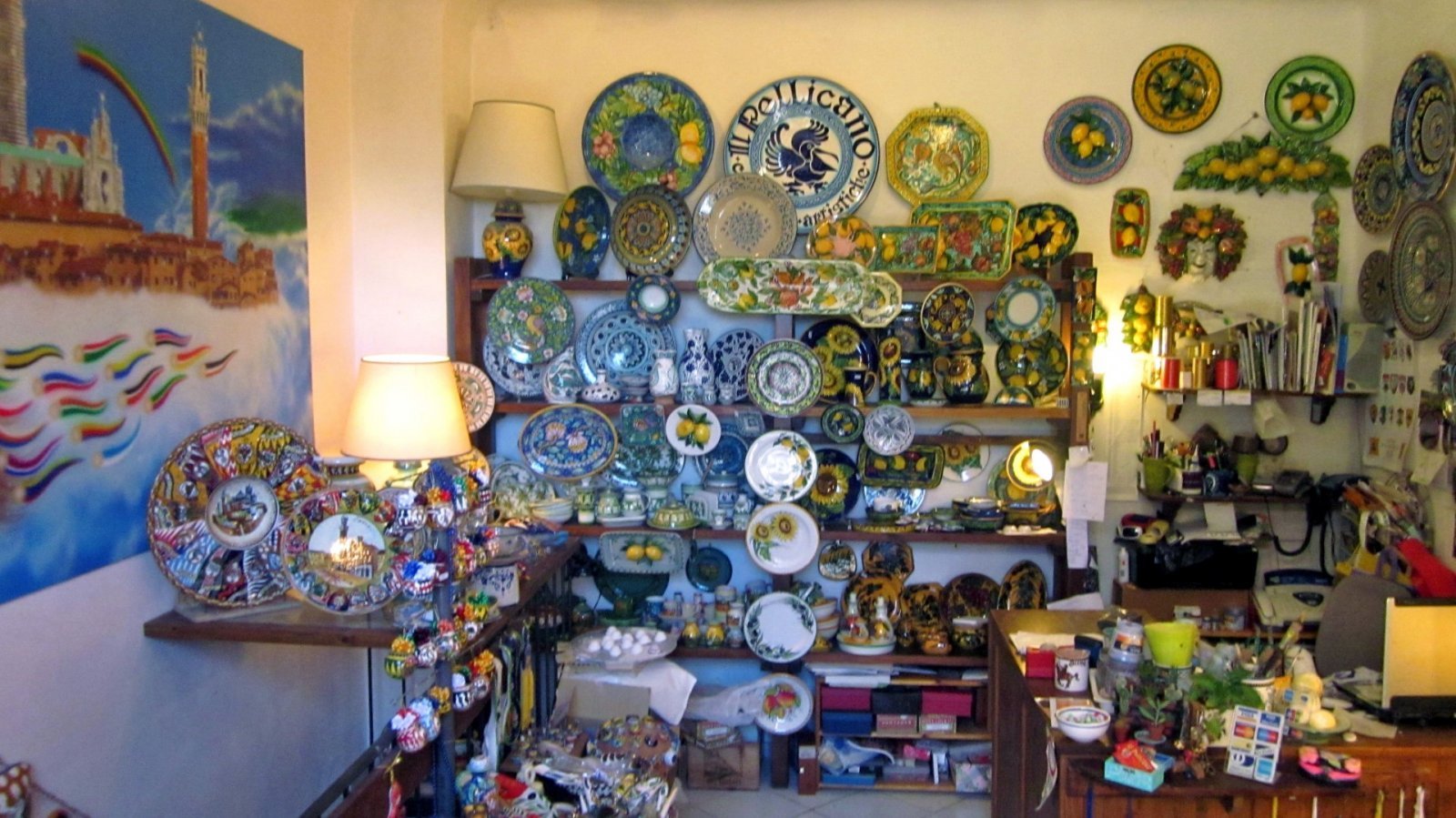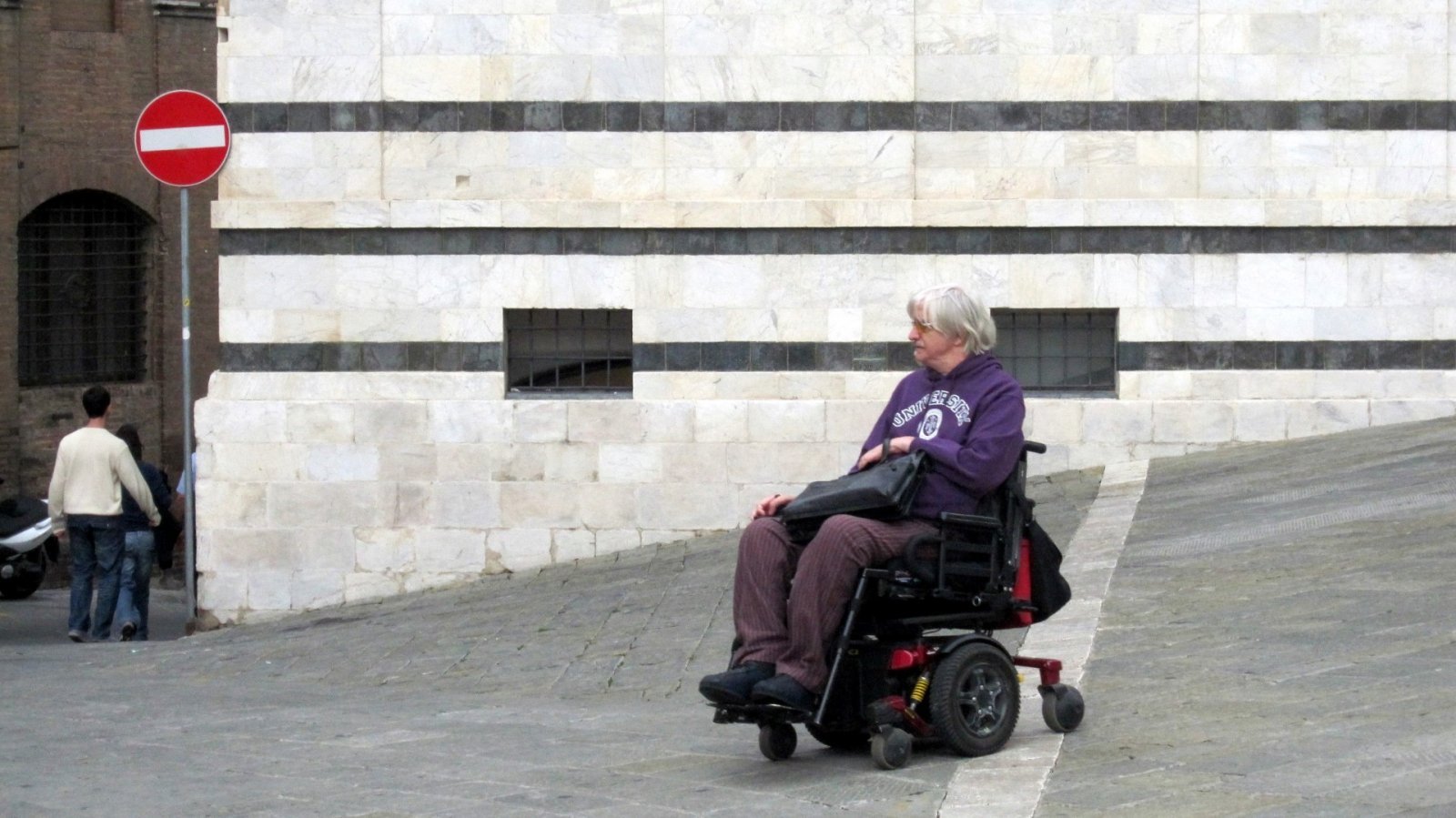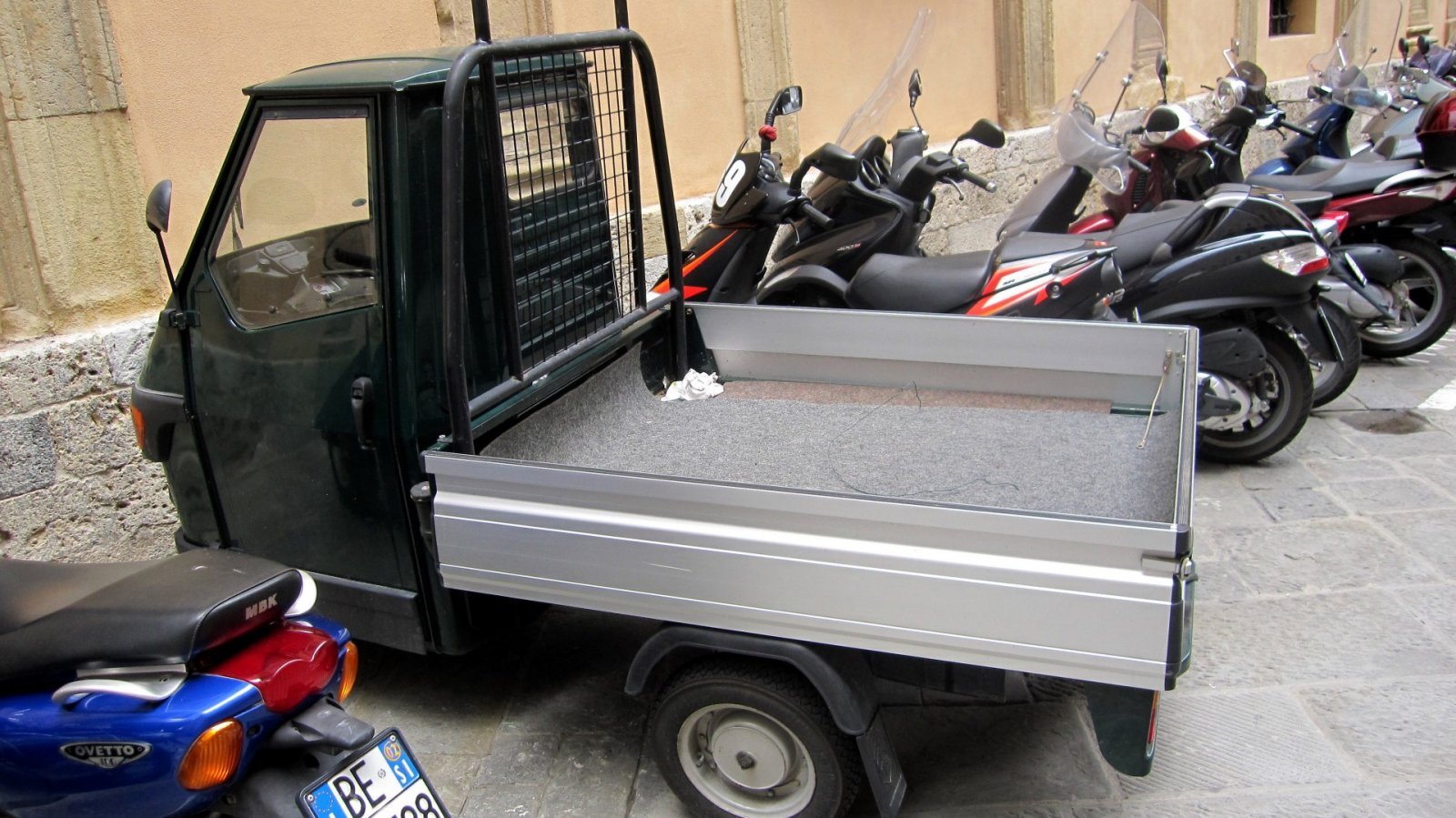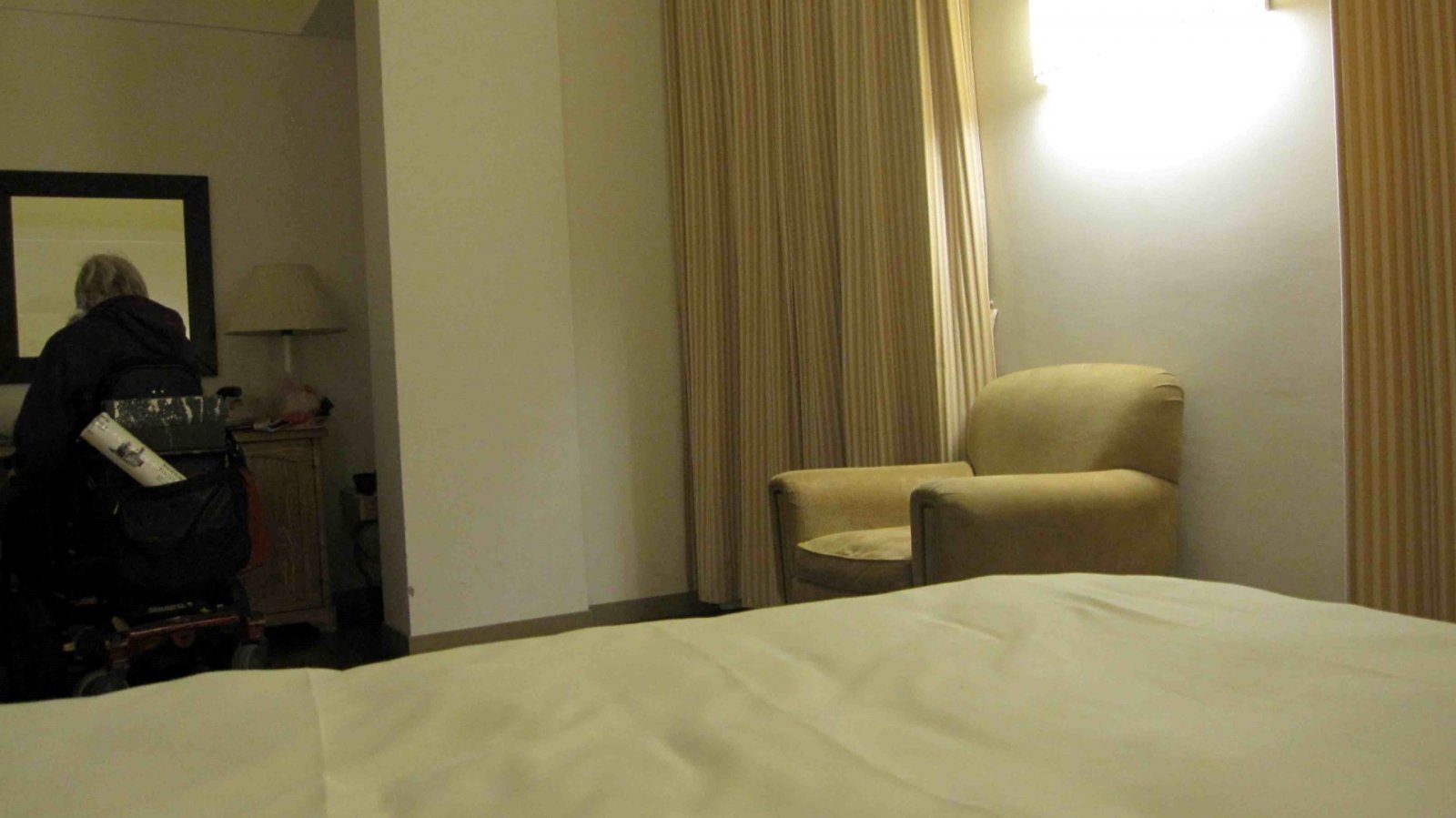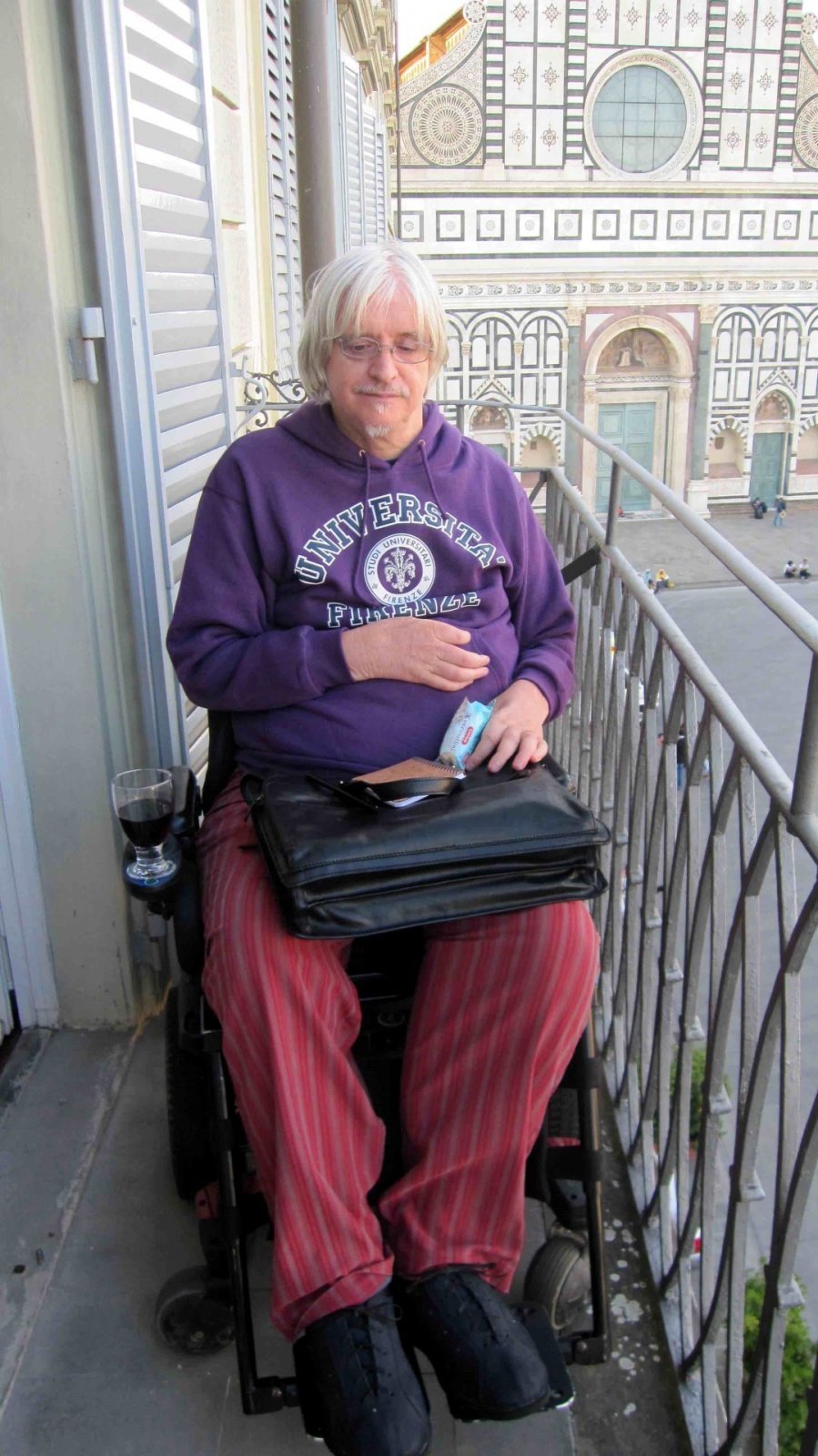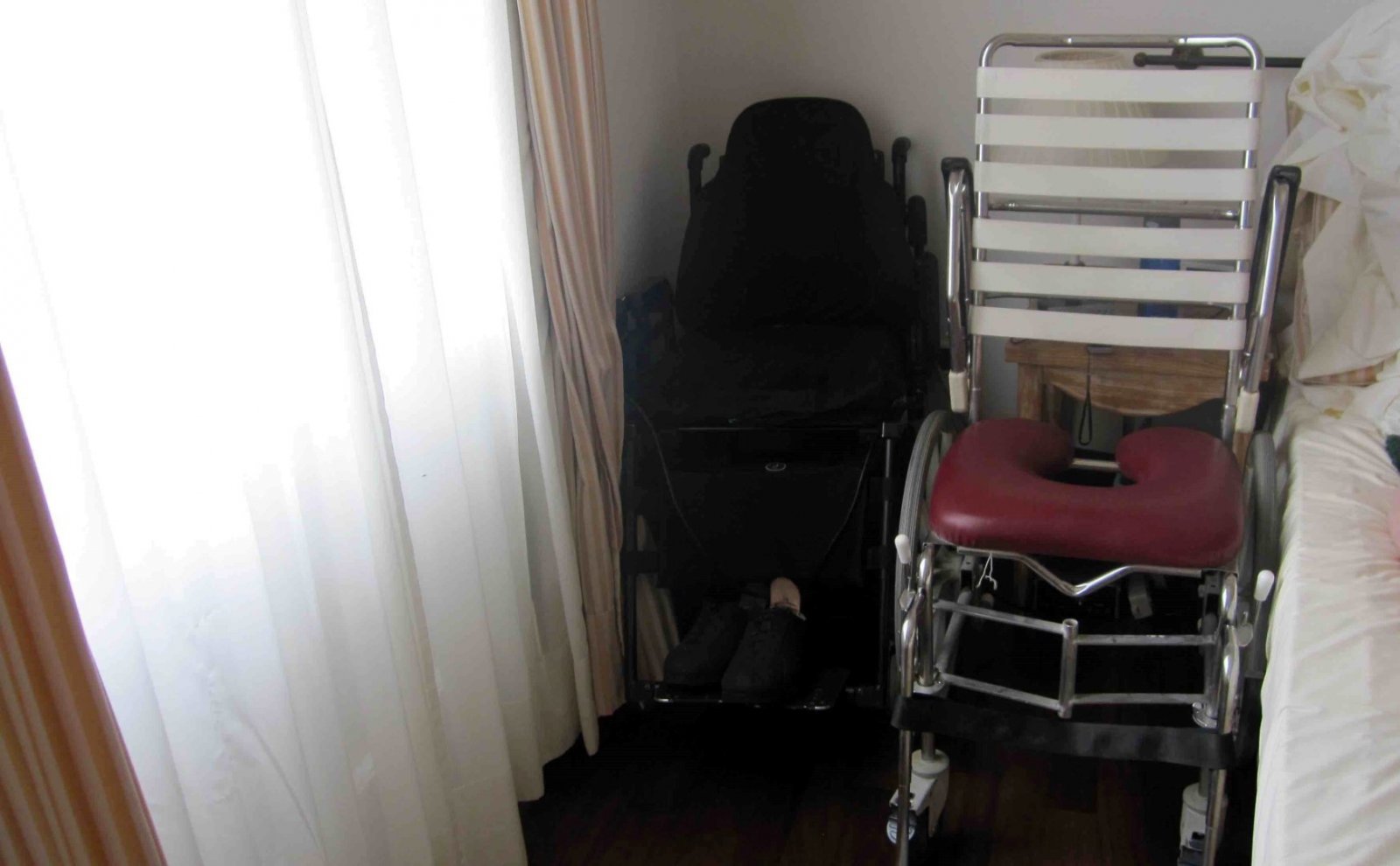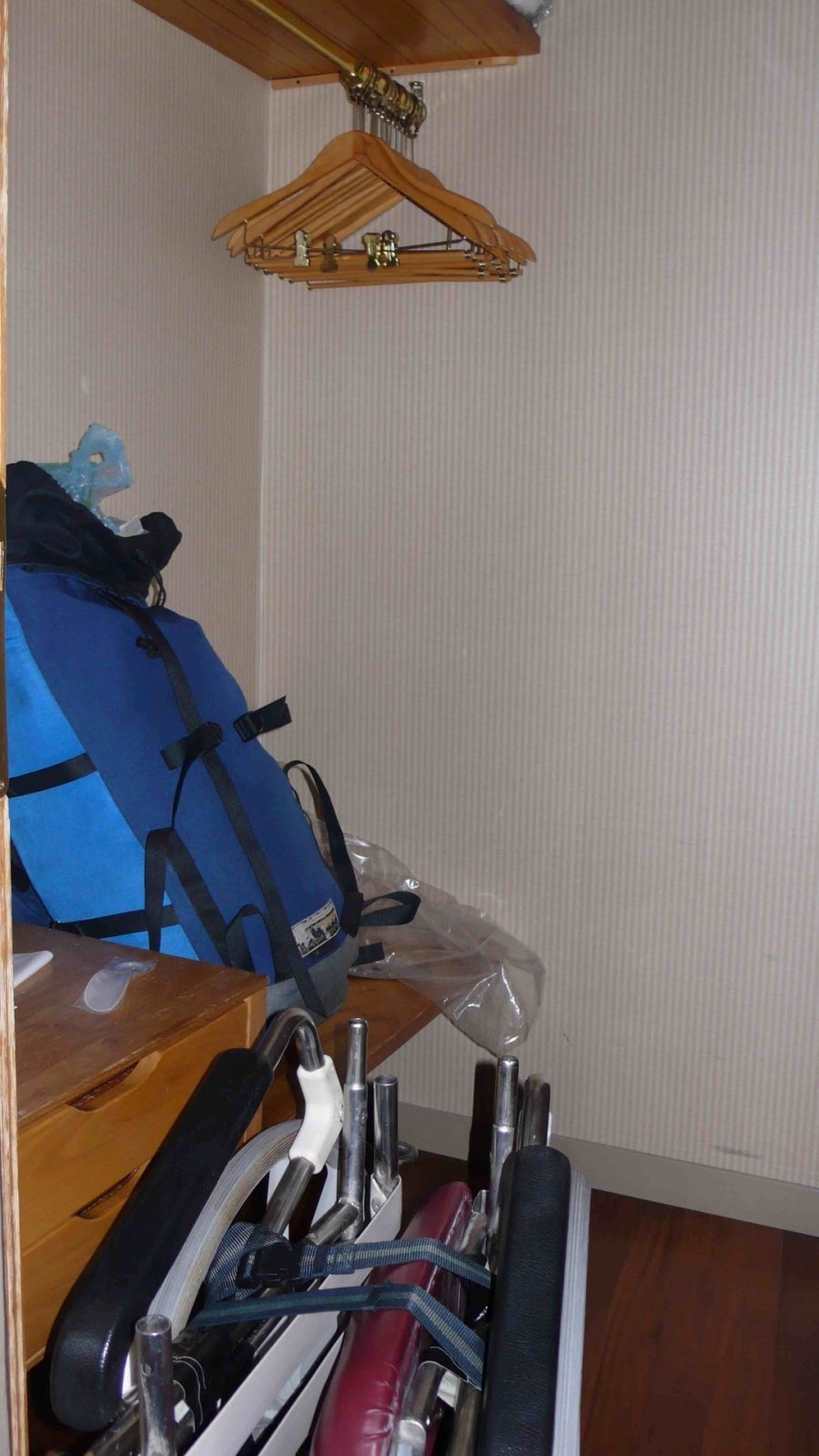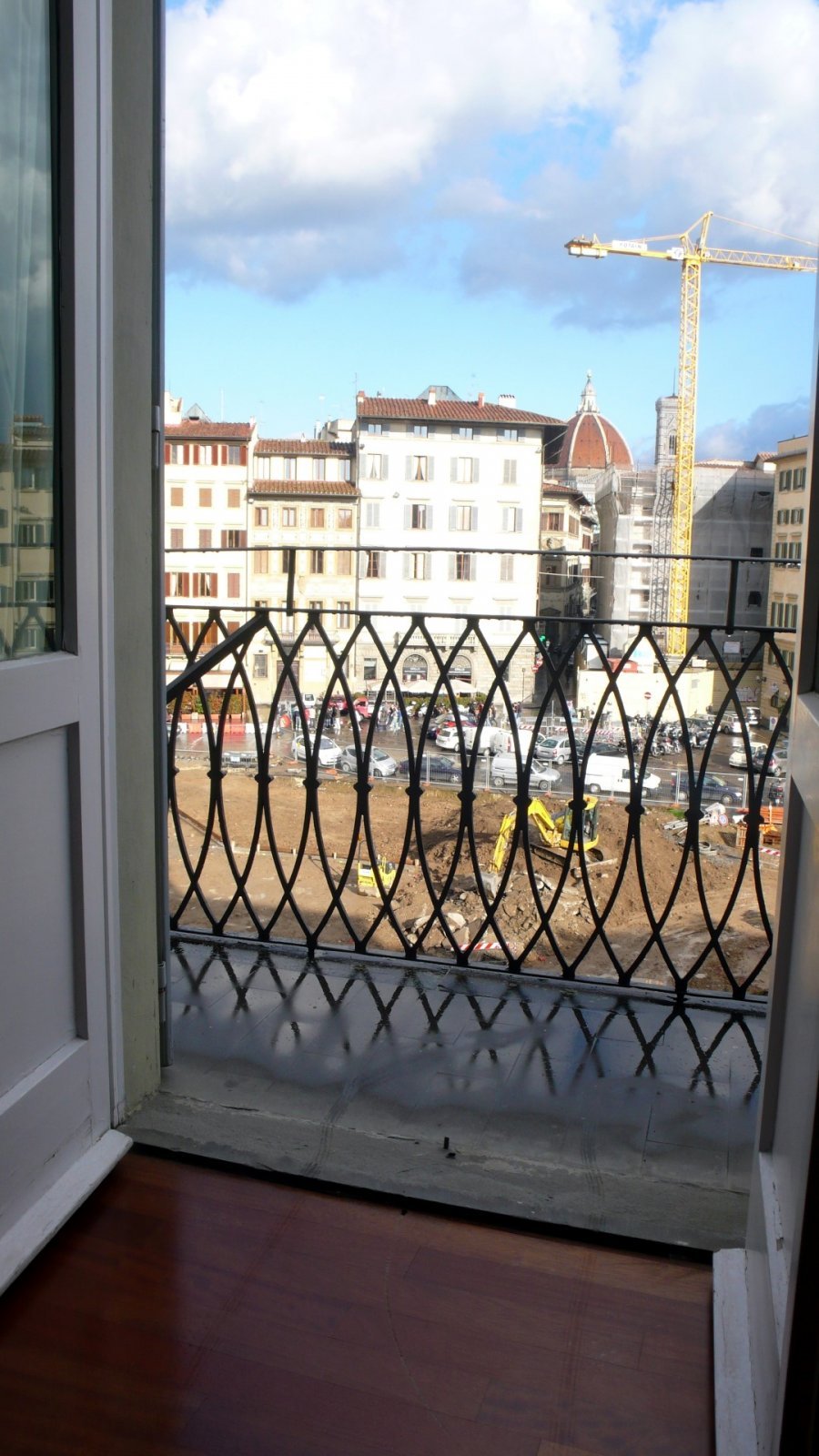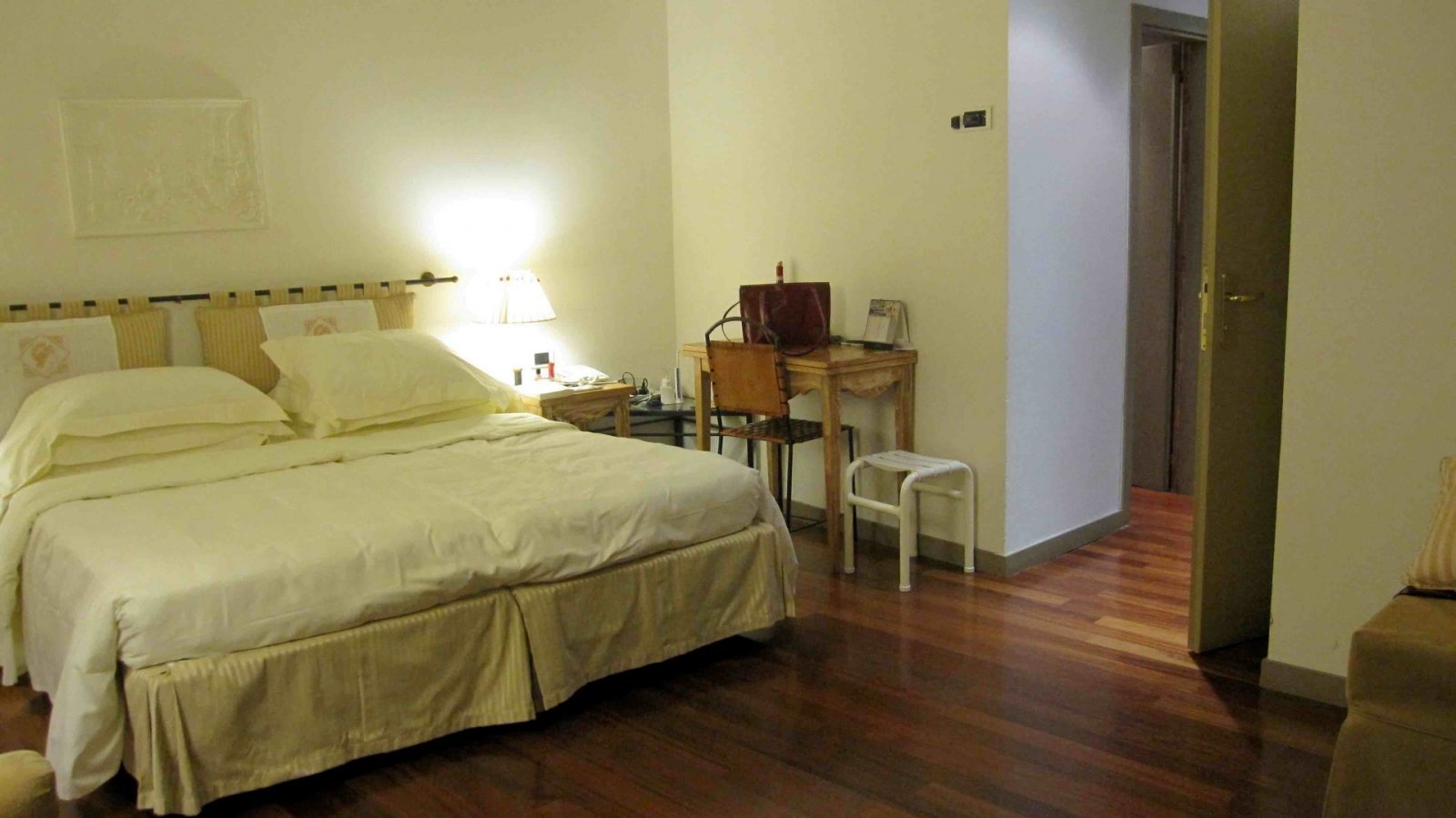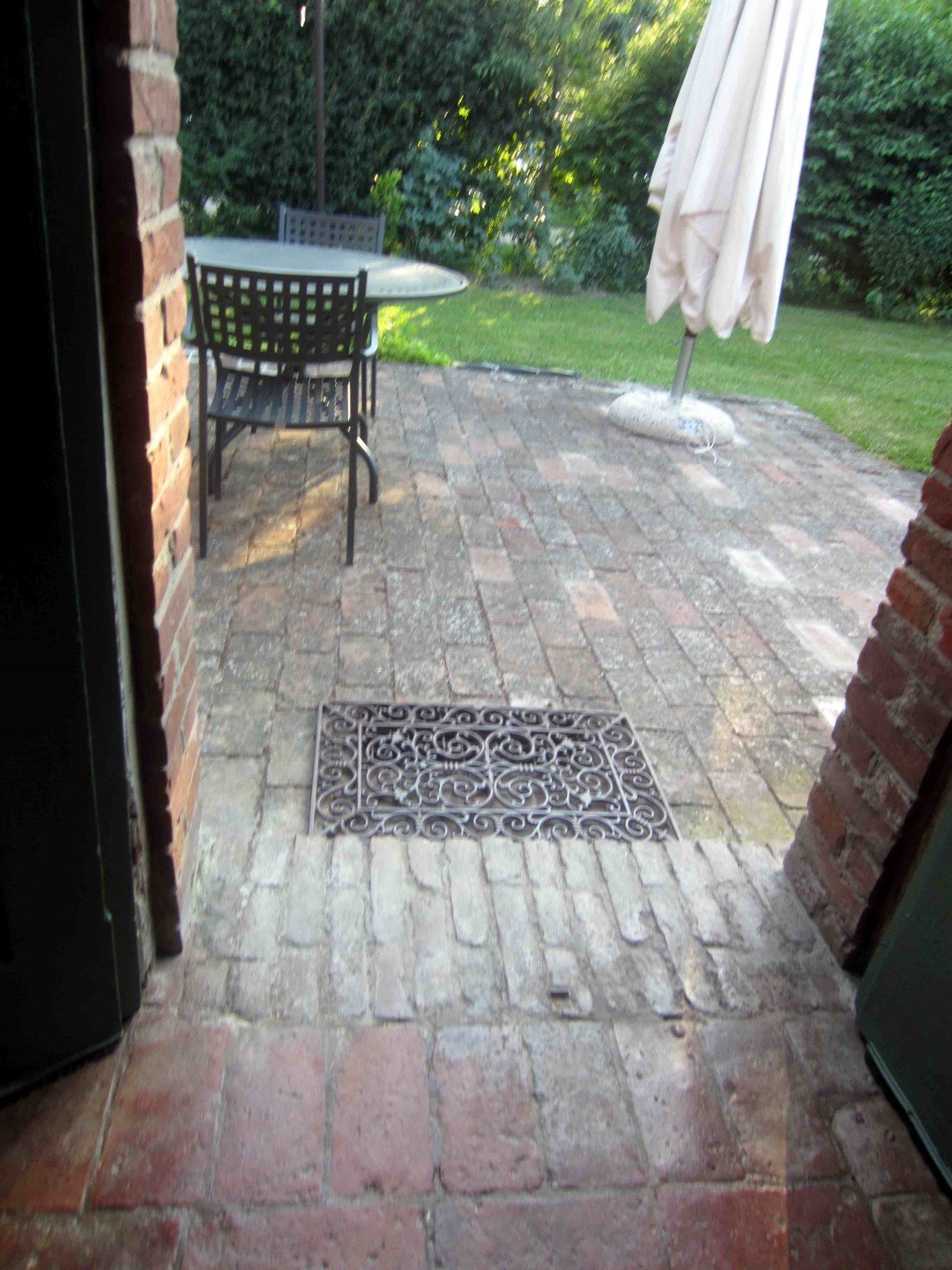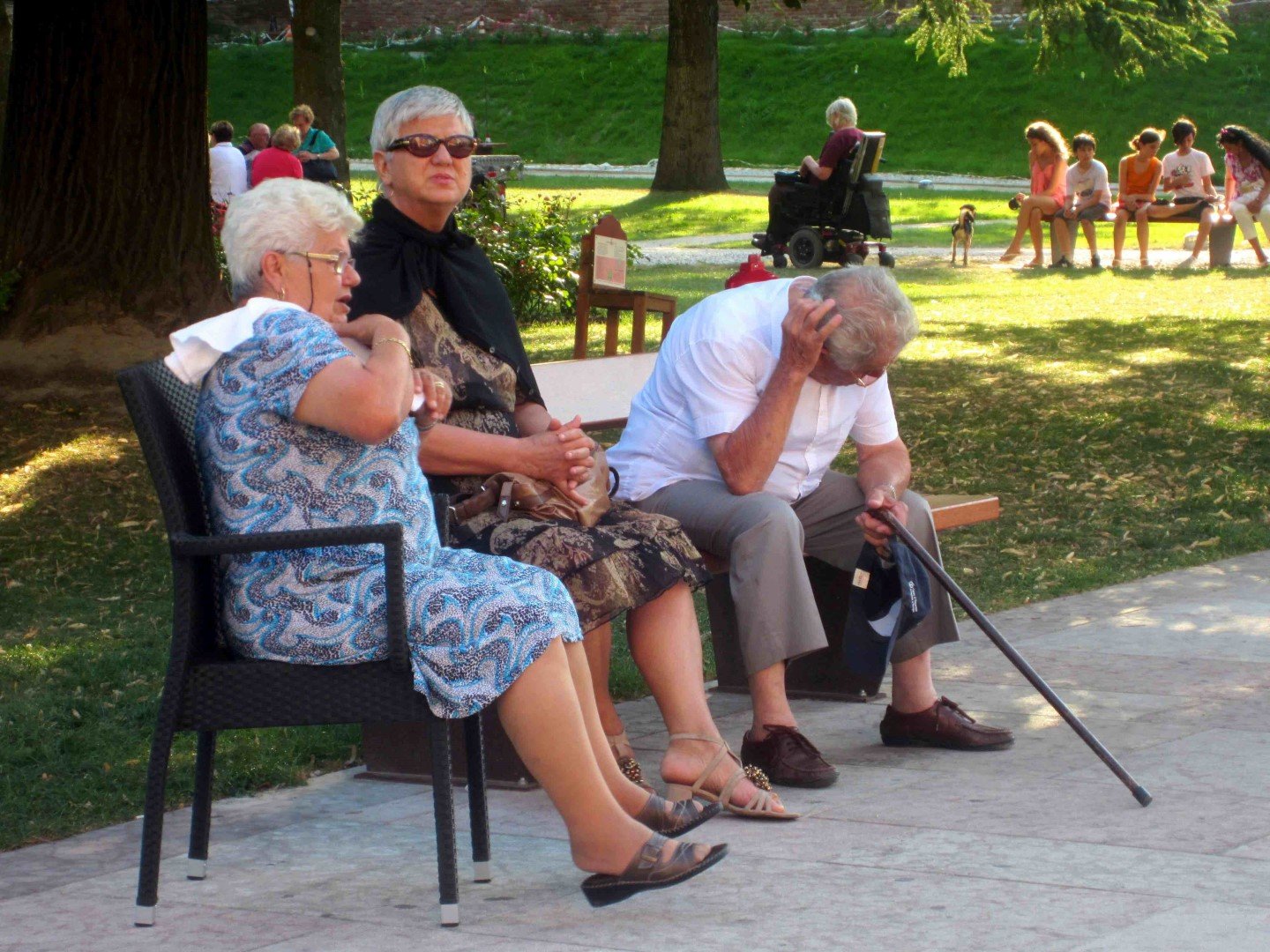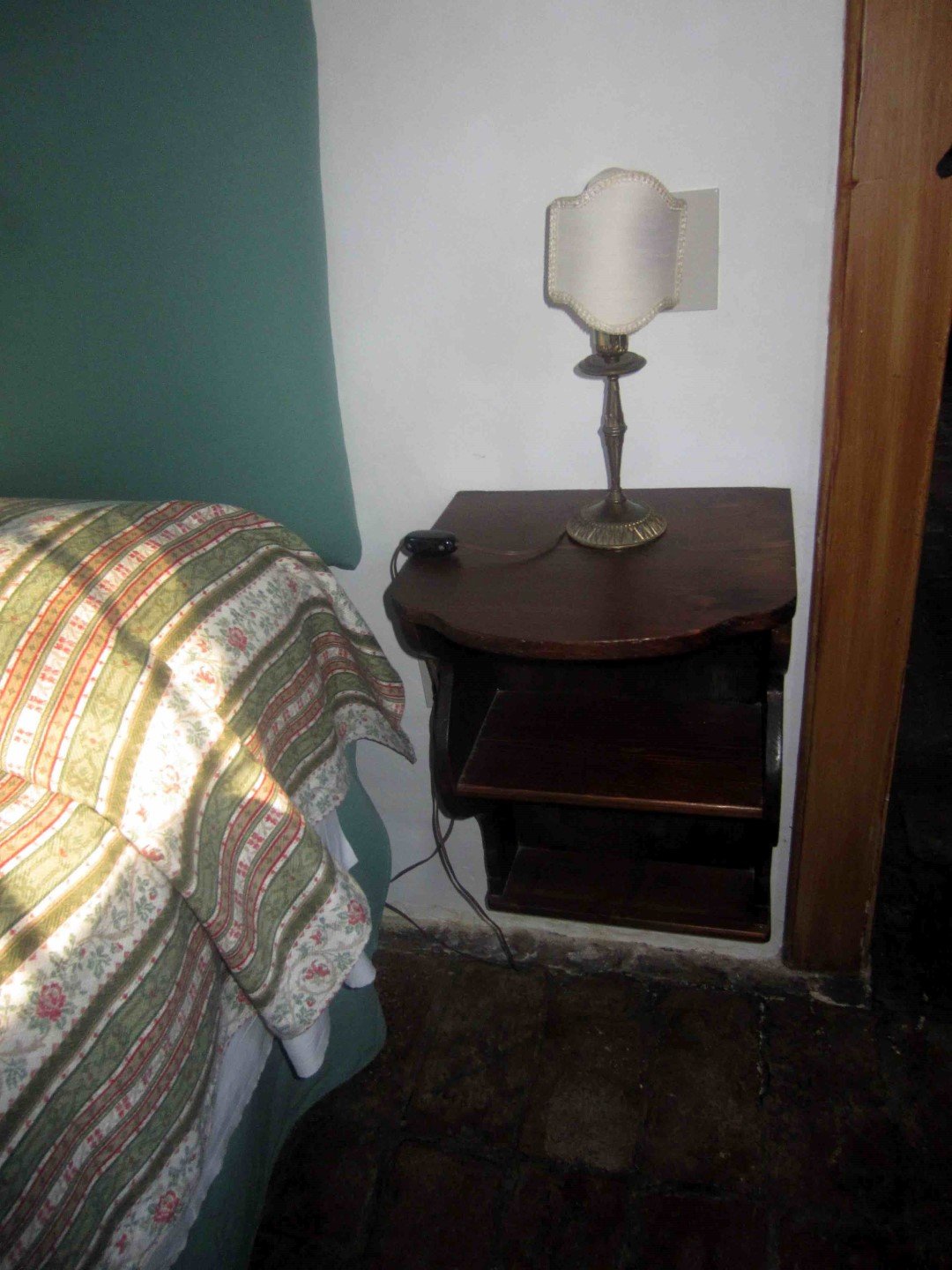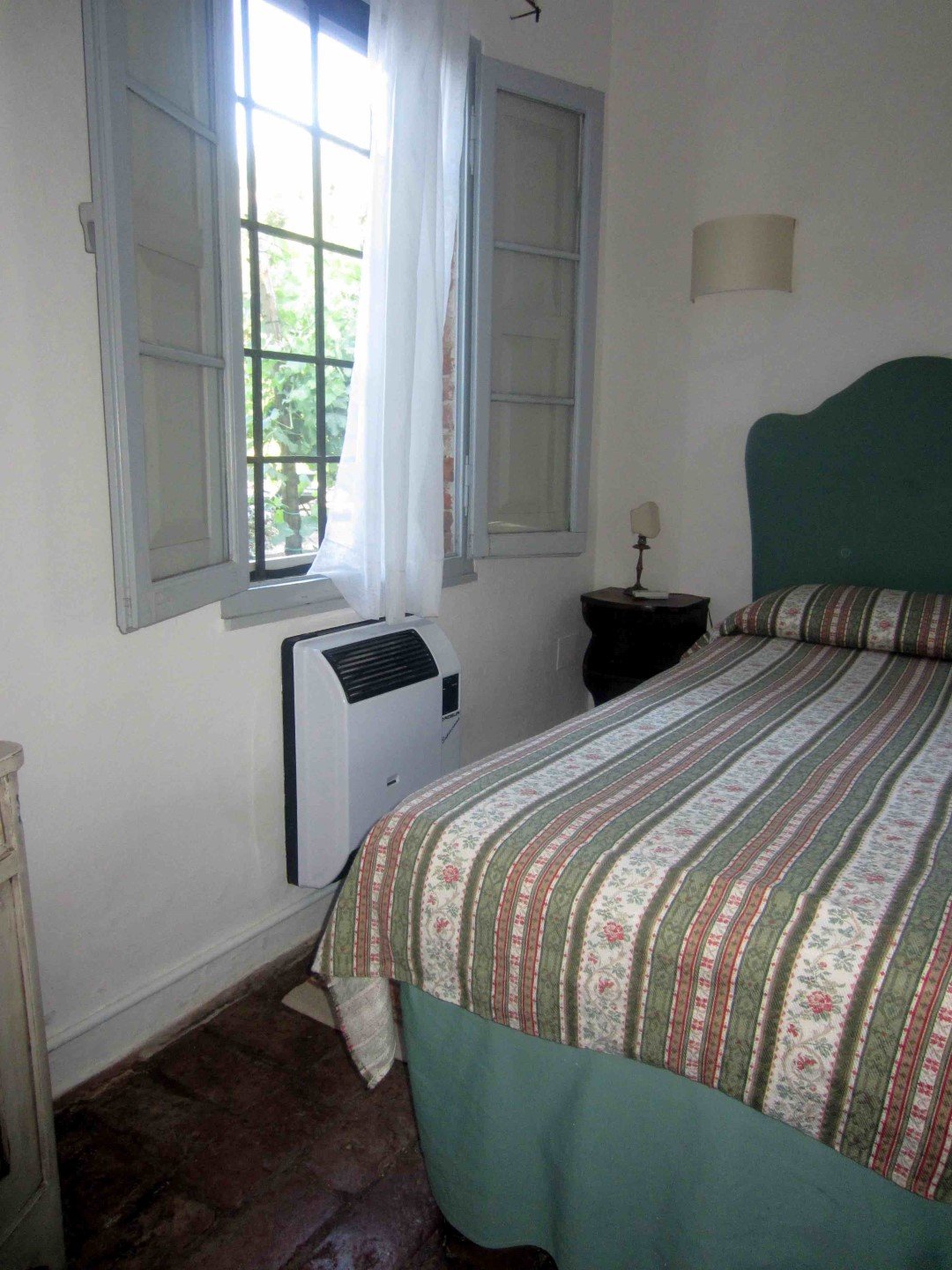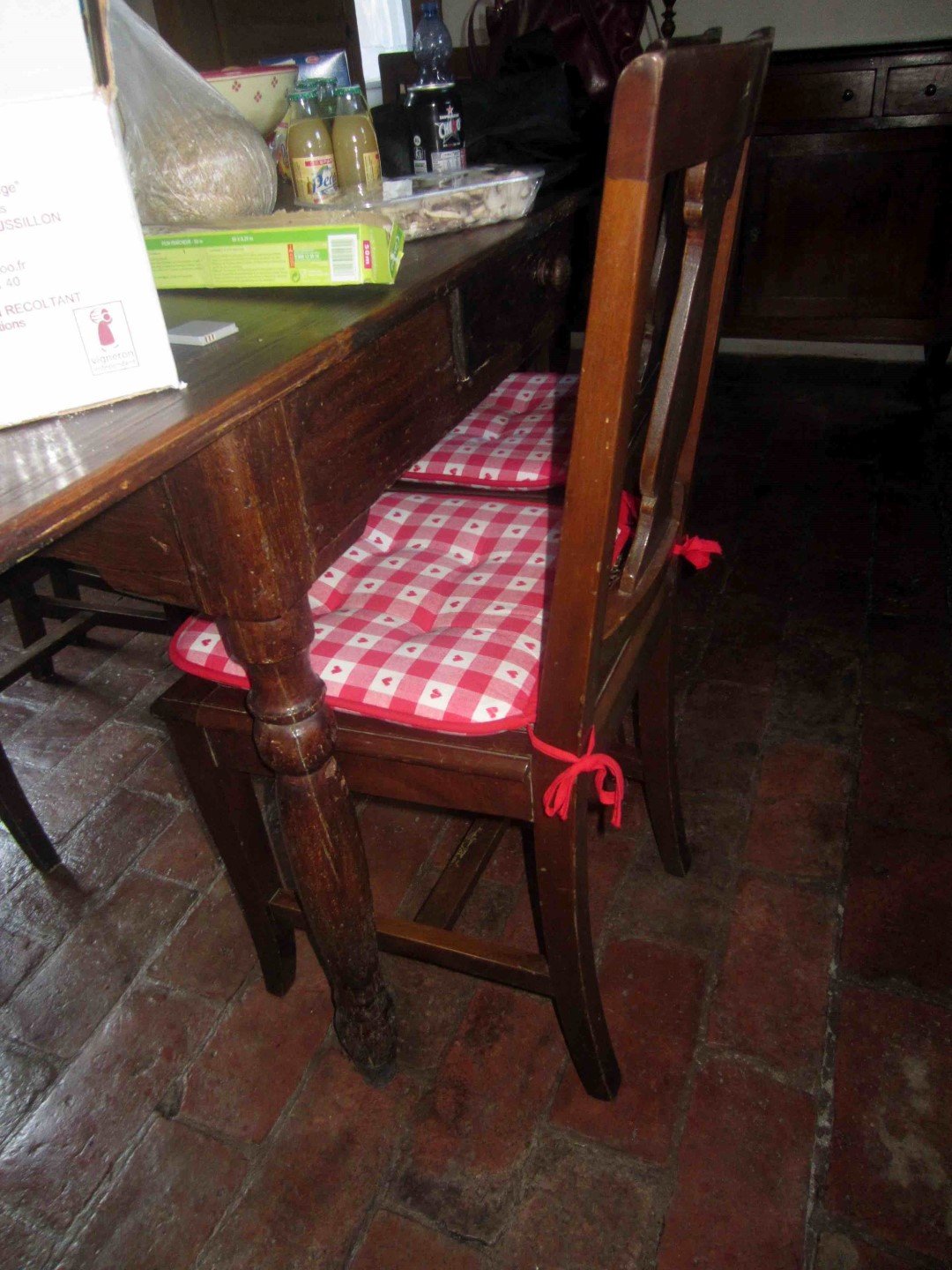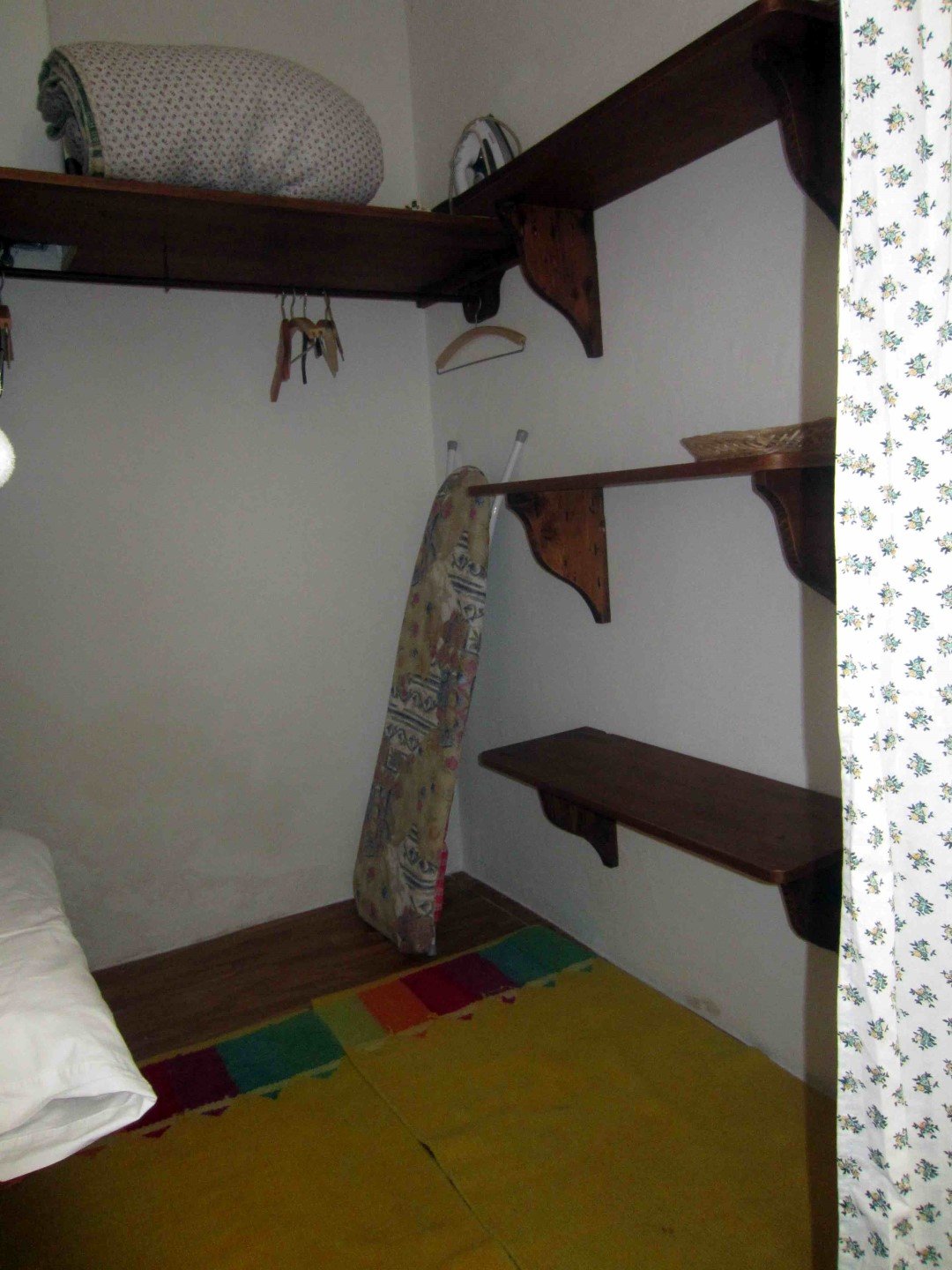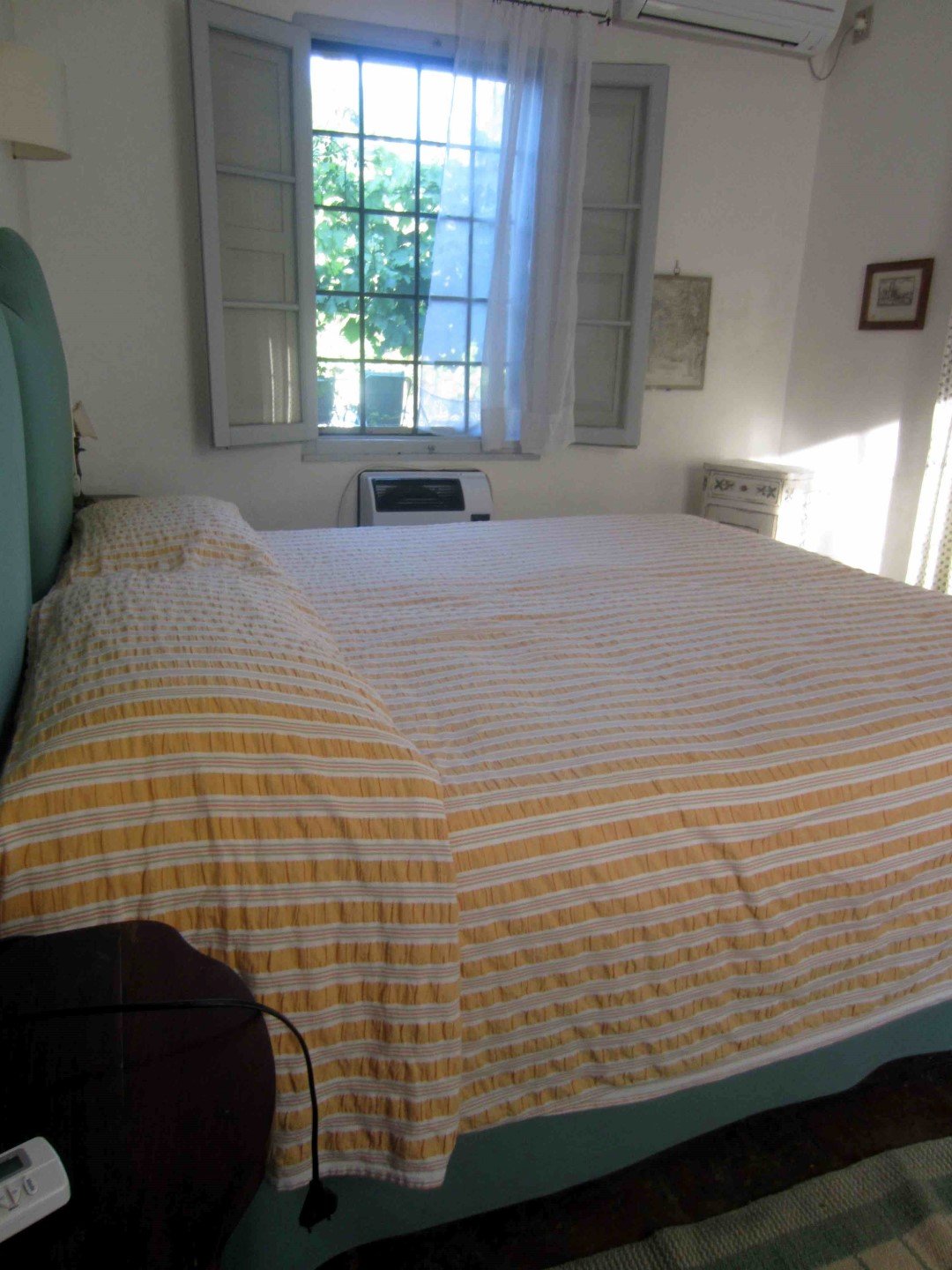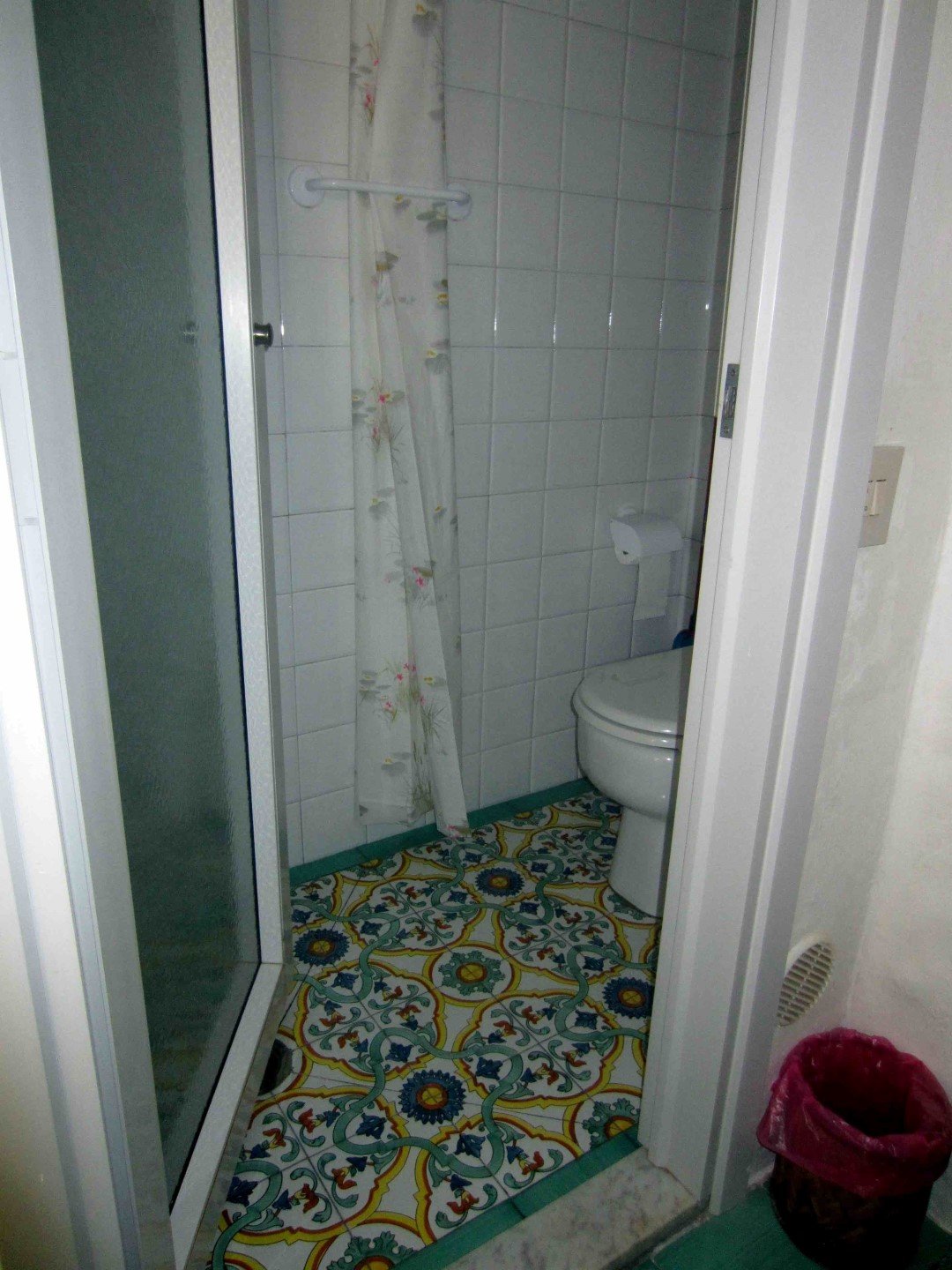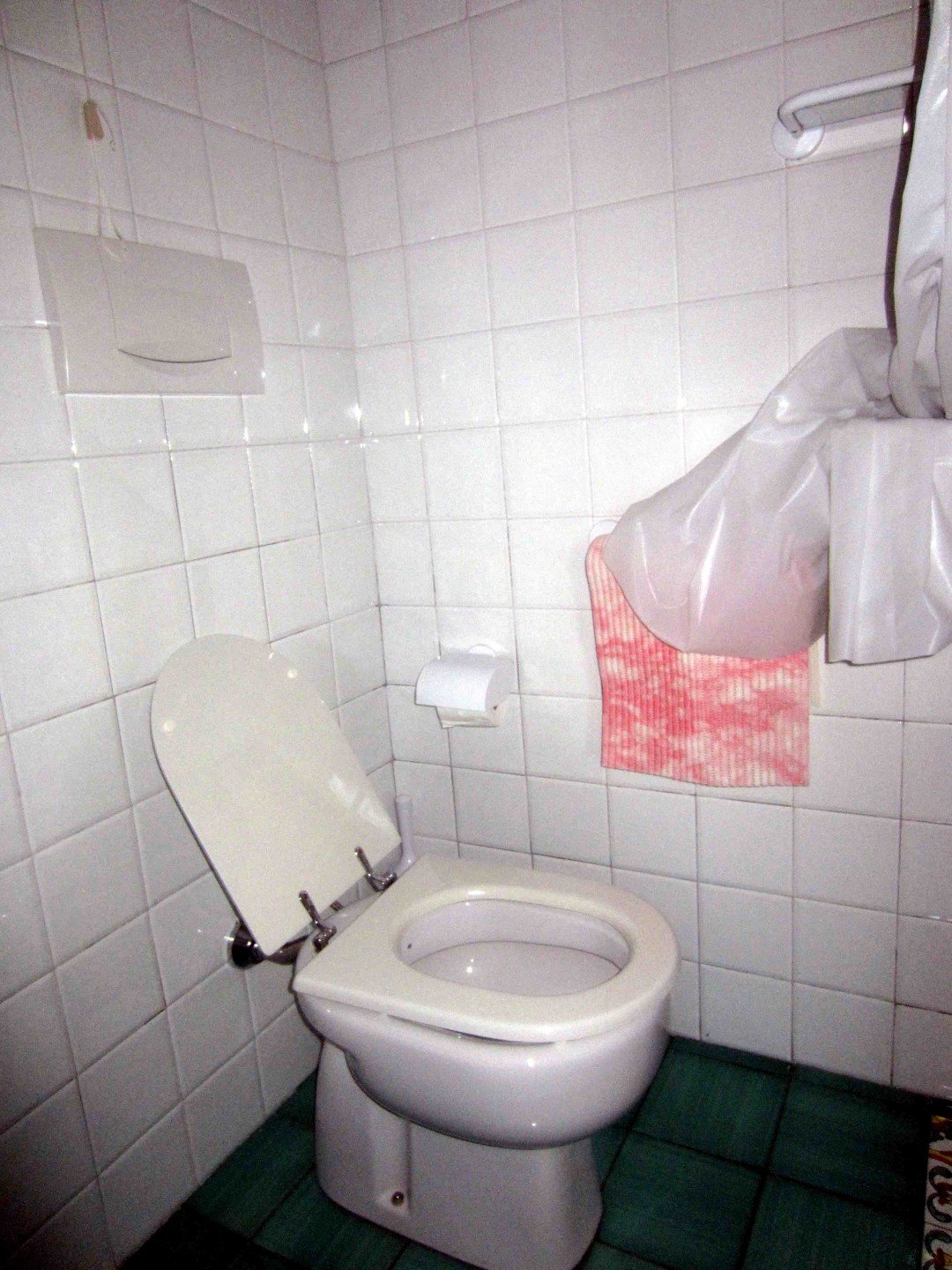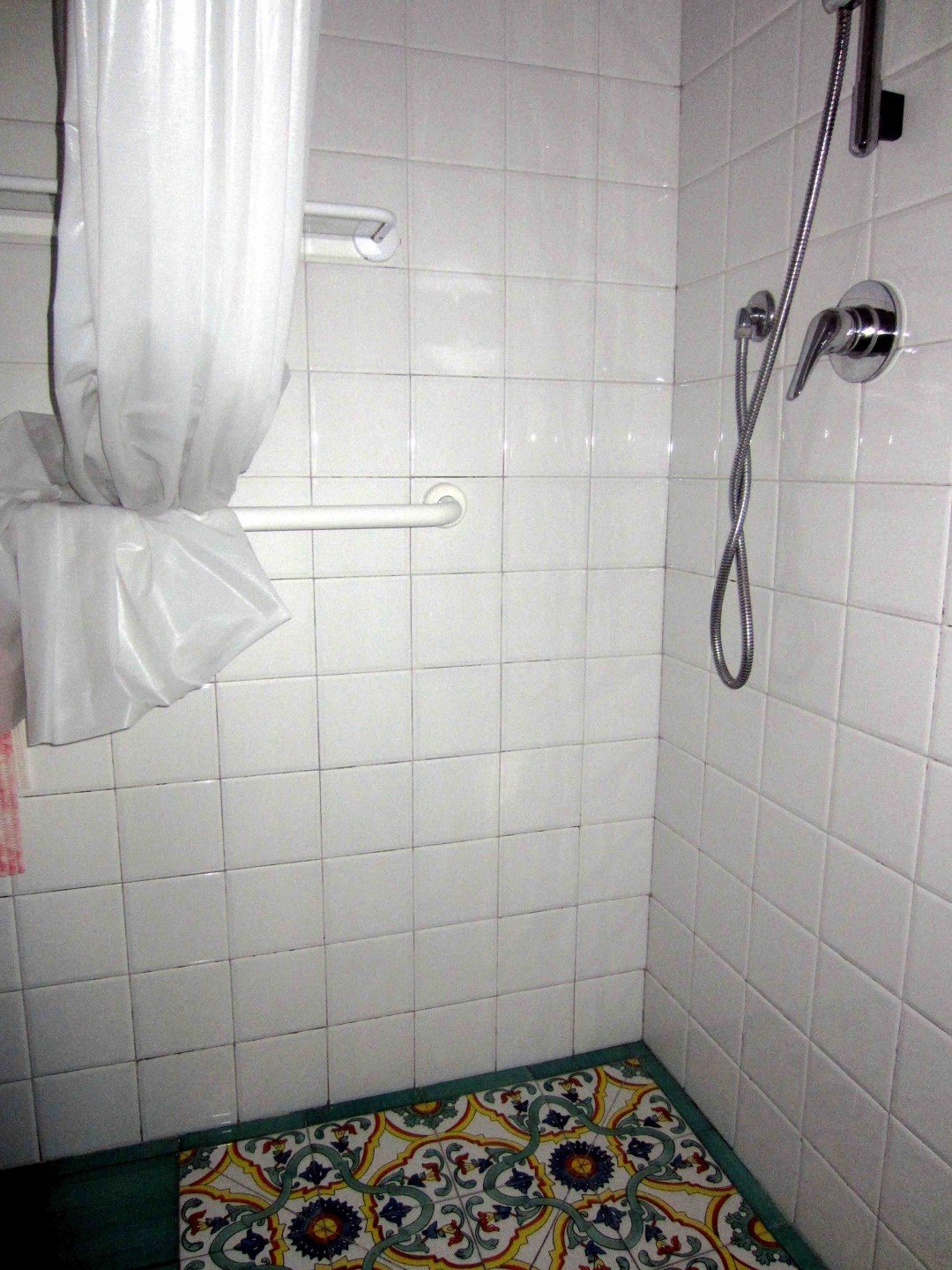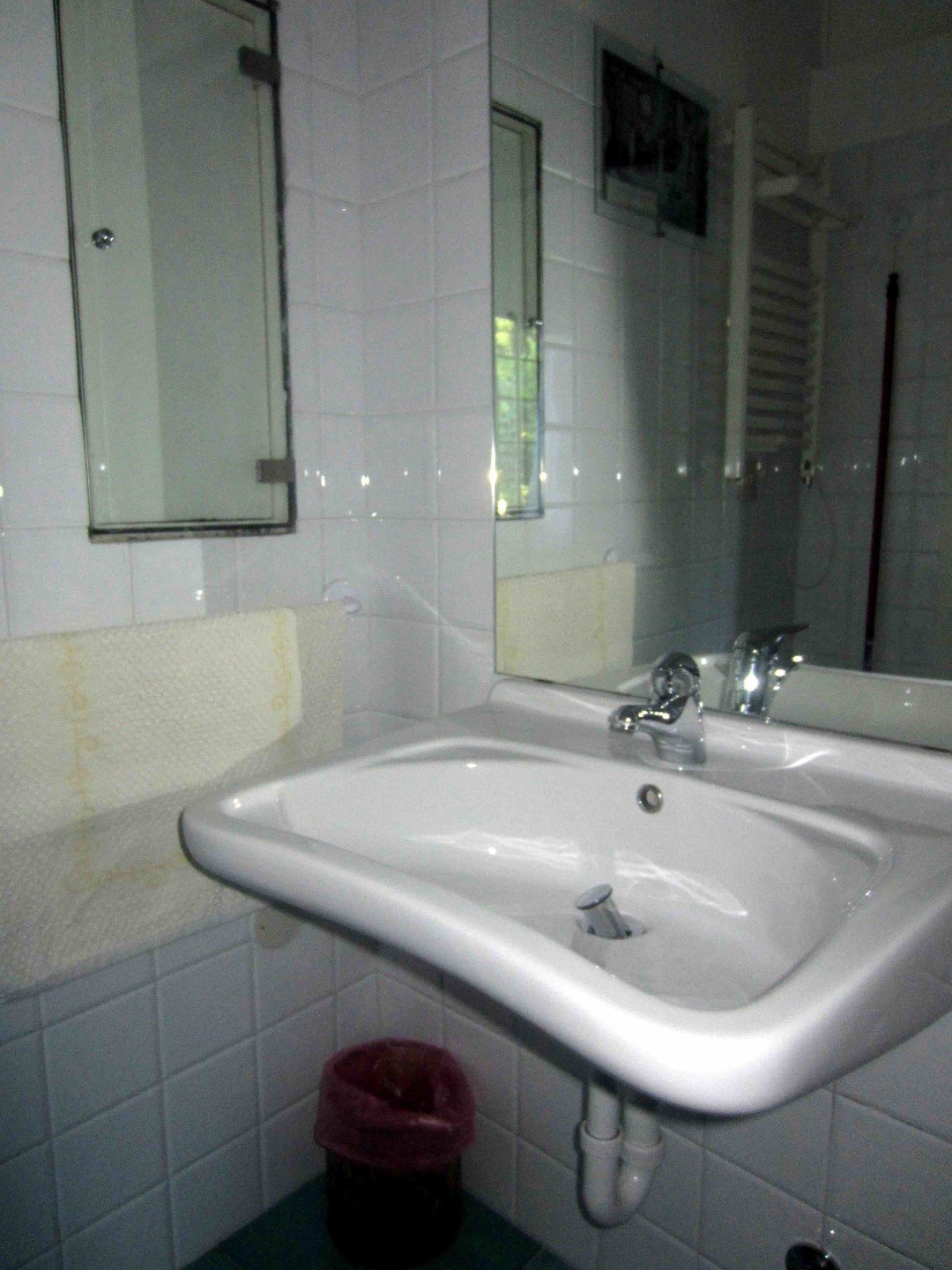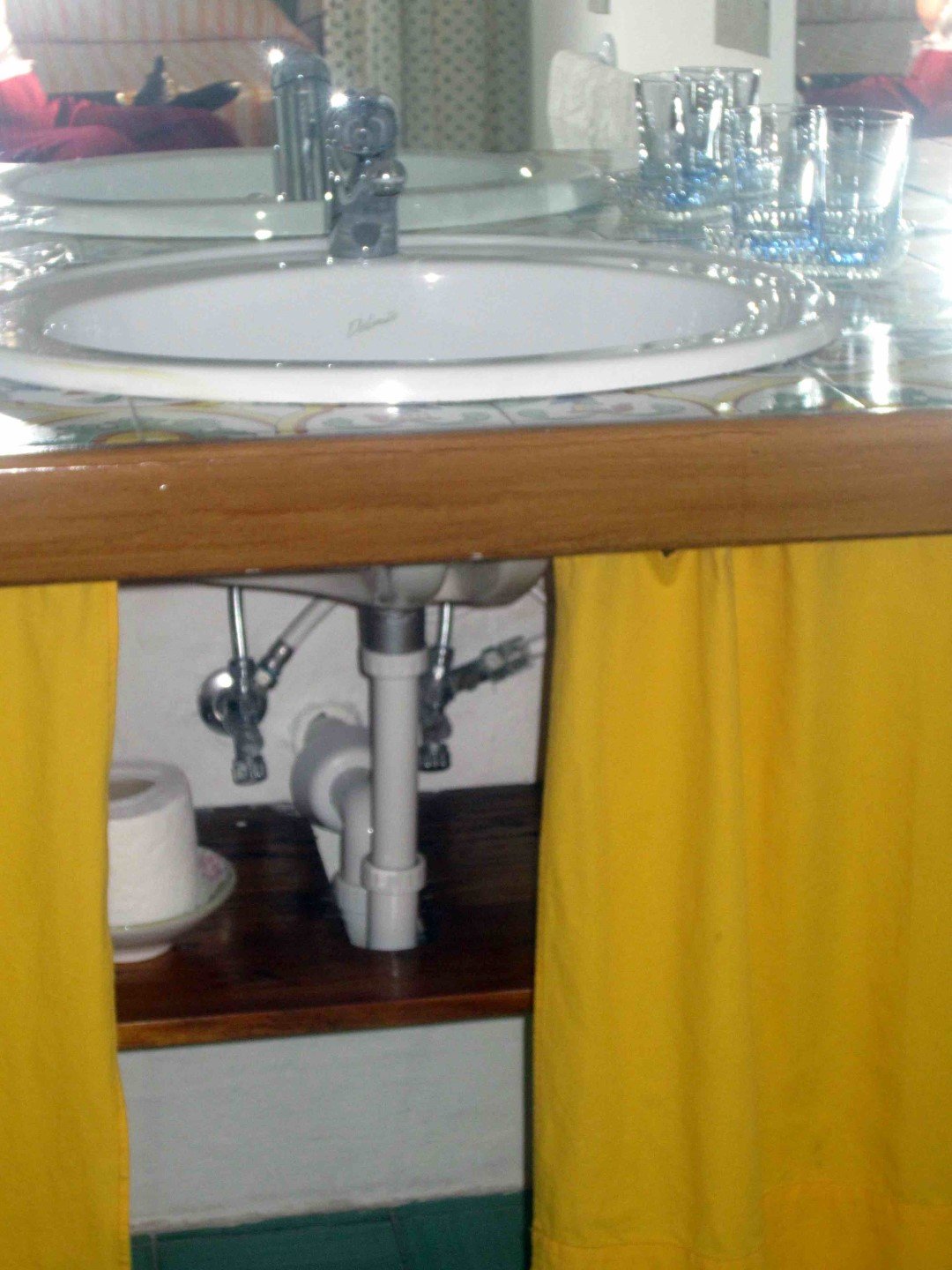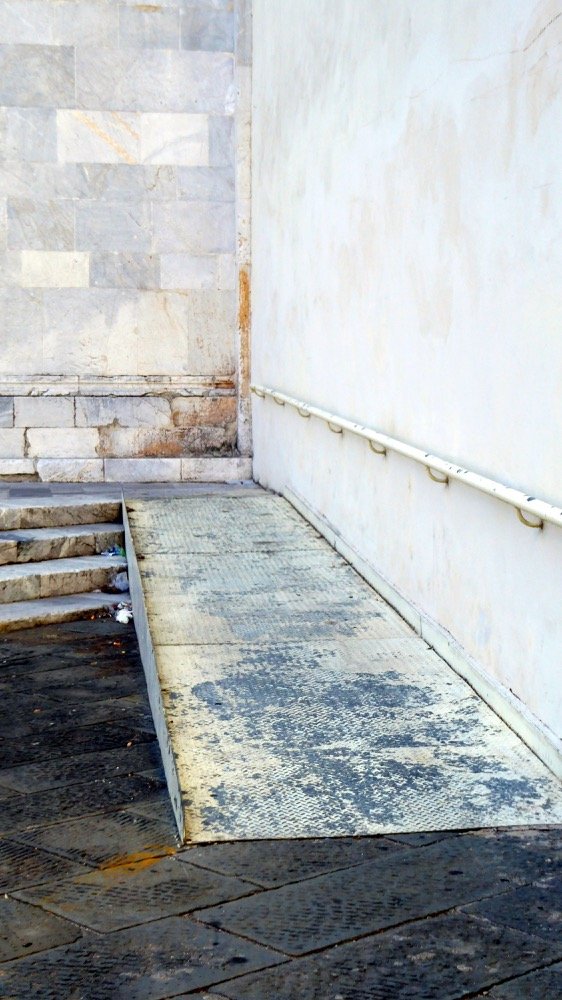Since I’ve been at this game for decades I have come across all kinds of issues related to equipment which makes things easier for me. Some of the equipment that I’ve implemented or had modified include:
- Wheelchairs, power and manual
- Adjustable power beds
- Home automation (lights, air-conditioning, doors, et cetera)
- Modified vehicles including hand controls and access ramps.
- Exercise equipment such as a hand cycle
- Accessible bathrooms
- Sleep apnoea machines
- Home modifications including ramps, wider doors and so on
- Gadgets to assist with eating, drinking
- Clothing including special shoes, trousers and such
- Continence equipment including leg bags, night bags, pads et cetera
- Wheelchair pressure cushions,
- Slide boards
- Hoists
One excellent source of general information on all kinds of products is the Independent Living Centres.
This website and the associated “living Centres” are a great resource; check it out.
A lot of this stuff I have collected over the years and maintain if possible and replace if necessary. I have had heaps of government and some volunteer assistance as well as, although a lot of it I had to fund myself.
Luckily I had a good job for many years in IT as well as supportive partners, family and friends.
There have been two major government initiatives that have helped survived this catastrophic and often annoying life change. The first is having an ISP (individual service plan) which provides regular monthly funding for personal care and other disability related supports. Funding for this in my case has been through the Department of Health and Human Services although this will soon change to the NDIS, if the fates are kind.
The second is the SWEP scheme, formally “aids and equipment” which provides some assistance with power wheelchair funding, shower chairs, continence equipment, home modifications, motor vehicle modifications and many of the other incredibly expensive things we really have to struggle to obtain and keep in good order.
Once or twice I have used volunteer organisations such as TADVic or Solve to modify things.
I have also used the Local Council for cleaning services et cetera once or twice but it has always been an unfortunate experience, much less efficient and satisfying than employing people myself.
Of the equipment I source myself, a great many things I have bought overseas via the Internet after discovering how much cheaper they are in the local versions. I try to buy local when possible but when there is a ludicrous and in my opinion completely unjustified markup I will buy overseas. An example is a sleep apnoea machine, which can be bought with accessories from the United States with warranty, exchange rate, customs duty and postage for less than half of the barebones product here.
Don’t get me started: I have bought and had fitted power wheelchair motors in Italy for $800 each which cost over $2000 each in Australia. I can have three latex leg bags delivered from the US in three days for $100 Australian which cost $130 Australian each here.
I could buy a fully modified right hand drive wheelchair accessible van, less than five years old, with less than 20,000 ks on the clock, for under $25,000 Australian in the UK. I could ship it here in a container for $2000 but I’m not allowed to because… well, to protect the Australian market apparently, where it would cost at least $60,000. Oh, and because they have to meet our rigourous Australian standards which are so much higher than Britain’s (yes, I’m being ironic).
One of the main causes of all this exploitation of disabled people in my opinion is the tender system. This is where a large corporation wins the exclusive right supply equipment or services on behalf of the government because smaller companies cannot afford the tender process. The corporation then has a monopoly and the ripoffs begin. In this system, there is no competition and no incentive to be efficient or cost-effective. A far more effective system is to give me the funding and let me choose supports myself as long as they are directly related to my disability and improving my quality of life. The overall cost is the same government but the benefits to me in terms of empowerment, efficiency, speed of service and so on are immense. I can shop around and get the best deal. Inconceivable, huh?
For those who are unable to manage things themselves we would make an advocate system available, as in Britain.
Enough of that, check out the individual topics if you’re interested and remember to speak truth to power and other such noble nonsense.
Cheers, GDP






